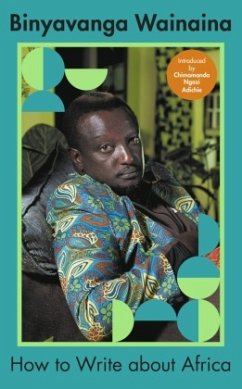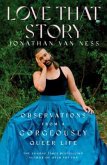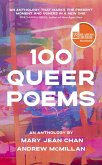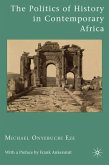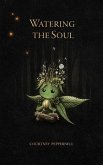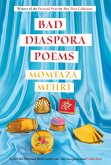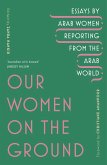A trailblazing collection of writing from Binyavanga Wainaina's extraordinary life
'In your text, treat Africa as if it were one country. It is hot and dusty with rolling grasslands and huge herds of animals and tall, thin people who are starving. Or it is hot and steamy with very short people who eat primates. Don't get bogged down with precise descriptions.'
Binyavanga Wainaina was a seminal author and activist, remembered as one of the greatest chroniclers of contemporary African life. After his death in 2019, this ground-breaking collection brings together his pioneering writing on the African continent for the first time.
A rule-breaker full of wry satire and piercing wisdom, this collection includes many of Binyavanga's most critically acclaimed pieces, including the viral satirical sensation How to Write About Africa. Writing fearlessly across a range of topics - from politics to international aid, cultural heritage and redefining sexuality, this is a remarkable illustration of a writer at the height of his power.
FEATURING AN INTRODUCTION BY HIS LONG-TIME FRIEND CHIMAMANDA NGOZI ADICHIE
Hinweis: Dieser Artikel kann nur an eine deutsche Lieferadresse ausgeliefert werden.
'In your text, treat Africa as if it were one country. It is hot and dusty with rolling grasslands and huge herds of animals and tall, thin people who are starving. Or it is hot and steamy with very short people who eat primates. Don't get bogged down with precise descriptions.'
Binyavanga Wainaina was a seminal author and activist, remembered as one of the greatest chroniclers of contemporary African life. After his death in 2019, this ground-breaking collection brings together his pioneering writing on the African continent for the first time.
A rule-breaker full of wry satire and piercing wisdom, this collection includes many of Binyavanga's most critically acclaimed pieces, including the viral satirical sensation How to Write About Africa. Writing fearlessly across a range of topics - from politics to international aid, cultural heritage and redefining sexuality, this is a remarkable illustration of a writer at the height of his power.
FEATURING AN INTRODUCTION BY HIS LONG-TIME FRIEND CHIMAMANDA NGOZI ADICHIE
Hinweis: Dieser Artikel kann nur an eine deutsche Lieferadresse ausgeliefert werden.

